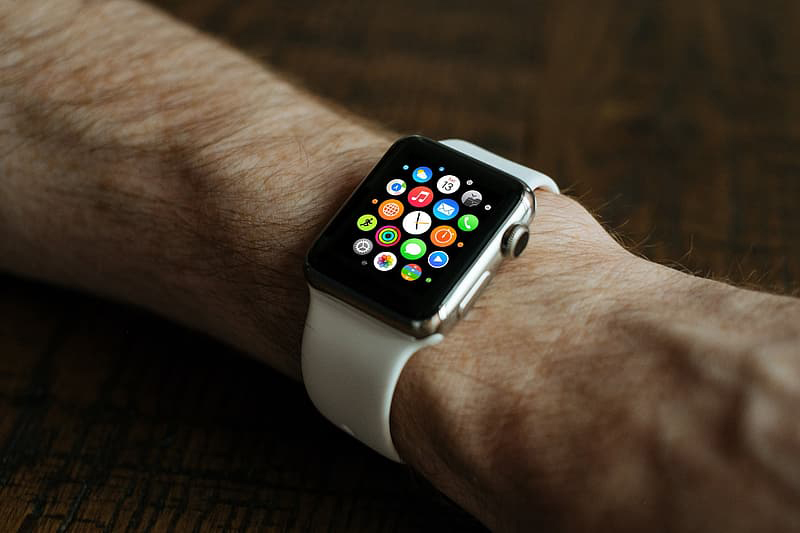Apple and Johnson & Johnson announced the launch of their new digital health study called Heartline to find out if the Apple Watch can help reduce the risk of stroke and detect atrial fibrillation (AFib) early.
Read more Large U.S. Study Suggests Apple Watch Can Detect Irregular Heartbeat
“Heartline is a study that has the potential to fundamentally change our understanding of how digital health tools, like the ECG app and irregular rhythm notification feature on Apple Watch, could lead to earlier detection of AFib, helping patients understand and directly engage in their heart health, prompting potentially life-saving conversations with their doctors, and improving health outcomes,” notes Dr. C. Michael Gibson, Co-Chair of the Heartline Executive Committee and Professor of Medicine, Harvard Medical School and CEO, Baim Institute.
AFib, a common form of irregular heart rhythm, is a leading cause of stroke in the U.S. However, people often do not experience symptoms, making it difficult to diagnose. More than 33 million people worldwide and up to six million Americans live with AFib. Up to 30% don’t even know they have it until a serious cardiovascular event, such as a stroke, occurs. According to the U.S. Centers for Disease Control and Prevention, AFib, the most common sustained cardiac arrhythmia, results in 158,000 deaths and 454,000 hospitalizations each year, reports Johnson & Johnson.

This collaborative study is aimed at detecting those unidentified AFib cases.
Participation in the study will span a total of three years with two years of active engagement, followed by one year of additional data collection. the goal is to recruit 150,000 people who will be randomly assigned into one of two groups.
During the active engagement period, participants will receive heart health education, wellness tips, surveys, and questionnaires across multiple topics related to overall heart health in the app each week.
Through the app-based approach, the study will enable participants to engage in the study remotely, right from their iPhone and in some cases an Apple Watch, rather than travel to a clinical trial site. This approach to conducting a clinical trial, if successful, could potentially save time and cost.
Read more Apple Joins Eli Lilly to Study How iPhone and Apple Watch Can Detect Signs of Dementia
“Apple technology is making a meaningful impact on scientific research through the powerful capabilities of iPhone and Apple Watch, all with privacy at the center of the participant experience,” said Myoung Cha, Apple’s Head of Health Strategic Initiatives. “The Heartline™ Study will help further understanding of how our technology could both contribute to science and help improve health outcomes, including reducing the risk of stroke.”












